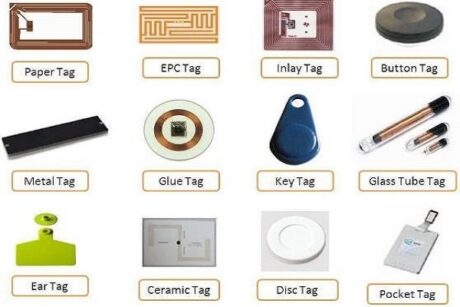- Course No E – 1613
- PDH Units 6.00
No data found for Custom Course Number
No data found for Custom Course Units
- Course No E – 1613
- PDH Units 6.00
Intended Audience: civil and transportation engineers and planners concerned with the funding of future transportation needs
PDH UNITS: 6
Discover how you can use Vehicle Mileage (VM) fees as a funding mechanism to meet long-term transportation needs in this online course written by Dr. Rossow. Transportation officials are becoming increasingly concerned about the fuel tax’s ability to continue funding transportation development adequately. As currently applied, the tax generates revenue in proportion to fuel consumption, not actual road use. But as vehicles become more fuel efficient, revenue per mile traveled decreases, and the fuel tax’s ability to fund infrastructure development is in doubt. VM fees, on the other hand, offer an income stream that is independent of vehicle fuel efficiency and grows directly with road use. This online engineering course developed by Dr. Rossow:
-
-
- a) presents the case for pursuing VM fees
-
- b) describes the obstacles that may prevent the implementation of such fees
-
- c) discusses the idea of a trial deployment of vehicle mileage fees, focusing entirely on fully electric vehicles that will soon appear on the market
-
Learning Objectives
At the successful conclusion of this course, you’ll be able to identify and discuss:- Domestic studies
- International applications
- Technology issues
- Administrative issues
- Public acceptance
- Odometer reading-based model
- Cellular/Zone-based model
- GPS-based facility specific model
- Potential applications of vehicle mileage fees
- Addressing public acceptance barriers
Once completed, your order and certificate of completion will be available in your profile when you’re logged in to the site.










